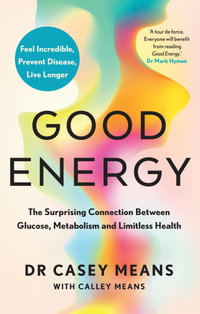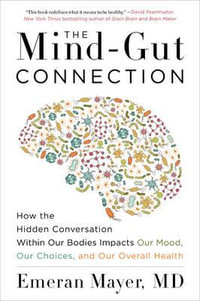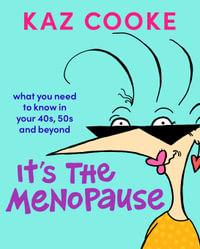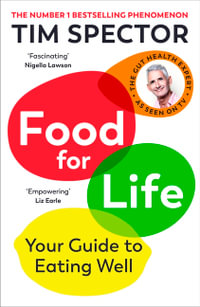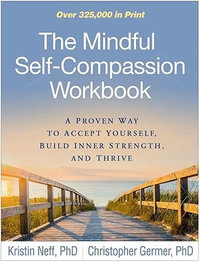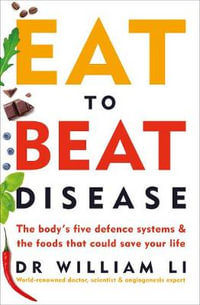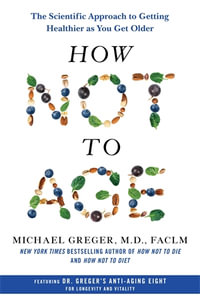Every year over a quarter of a million children die of AIDS. Another two million children currently live with HIV, most in sub-Saharan Africa. Millions more are affected when AIDS enters their families or their communities. Orphans are perhaps the most visible: 15 million children have lost one or both parents to AIDS; 12 million of them live in sub-Saharan Africa.
The increasing burden of care due to HIV/AIDS falls mainly on extended family: first they care for the sick and dying relatives, and then they take responsibility for the children left behind. Today, the extended family cares for over 90% of double orphans. Adults who take on these immense caregiving burdens have less time for their own children, fewer financial resources, and greater difficulties securing food and shelter. Thus, children who have parents providing care to sick relatives or who share scarce resources with foster children may also experience disadvantage. In communities severely affected by AIDS, traditional safety nets are often eroded by cumulative mortality: teachers are absent from school because of their own illness or that of family members, and basic health facilities can be overwhelmed by AIDS care needs, all of which leave children increasingly vulnerable. The impact is most severe in environments where government- and state-level support is weakest-where universal education, health care, and social welfare are either partially available or not available at all.
Protecting Childhood in the AIDS Pandemic will bring together lessons from experts around the world on what has worked, and what would need to be done to transform the outcomes of children of all ages whose lives have been affected by HIV/AIDS. Examining which public policies and programs have worked best to meet the full range of children's needs, from medical care to social support and from infancy to adolescence, this is the volume for academics, social scientists, policymakers, and on-the-ground practitioners.
Industry Reviews
"AIDS has shattered the lives of millions of children around the world. Government officials, churches, and international donors have not always agreed about what to do to help them. This incredibly important volume, which brings together the views and deep experience of some of the most important scholars in the field, should give them invaluable guidance." -- Helen Epstein, PhD, author of The Invisible Cure: Why We are Losing the Fight Against AIDS in
Africa
"Heymann, Sher, and Kidman are influential leaders in global public health and they make a compelling argument for an integrated and comprehensive approach to transform outcomes for children affected by HIV. Anyone concerned about the enormous impact of HIV/AIDS on children should study their arguments carefully and build programs based on the principles clearly outlined in this important new volume." -- Jim Yong Kim, MD, PhD, President, Dartmouth College
"The statistics are shocking: an estimated 17 million children have lost a parent to AIDS, a further 2.5 million are currently living with the virus. Yet, the statistics mask the realities for these children-the repeated loss of family members to the disease, the stigma, the poverty. This book is a timely examination of the daily reality of children affected by AIDS, shedding light on this much neglected and tragic outcome of the AIDS epidemic, giving us new
perspectives of how best these children can be supported." -- Peter Piot, MD, PhD, Director, London School of Hygiene and Tropical Medicine, and former Executive Director, UNAIDS
"The chapter authors are experts from sub-Saharan Africa, Europe, South Asia, Australia, and Central and North America and come from diverse professional backgrounds. The examples of working programs in multiple countries are a plus. " -- JAMA
"Overall, the book is very informative and provides extensive notes (references) for the reader. Its major strengths are in its international scope, where key topics are discussed by authors from across multiple nations and multiple professional areas. The book presents comprehensive descriptions of the issues and risks (health, developmental, psychological, and behavioral) inherent to children with HIV/AIDS. This book is particularly recommended to readers who
are not familiar with pediatric HIV and would like to expand their knowledge on this subject." -- Ram Yogev, Northwestern University University Feinberg School of Medicine, and Ann and Robert H. Lurie
Children's Hospital of Chicago, Illinois, Clinical Infectious Diseases


